Ρεπορτάζ του Gloria.tv για την ομιλία του Μ. Αρχιδιακόνου κ. Μαξίμου στο Γρηγοριανό Πανπιστήμιο της Ρώμης την Τρίτη 18 Ιανουαρίου 2011.
Η περίληψη του ρεπορτάζ στα αγγλικά
What challenges face the Orthodox Church in today's postmodern world and how should it deal with them?
This was the subject of a lecture given by the Greek Orthodox Grand Archdeacon Maximos at the Pontifical Gregorian University of Rome on Jan. 18. The talk was part of a series of lectures at the Gregorian’s Institute for Interdisciplinary Studies in Religion and Culture.
Grand Archdeacon Maximos began by explaining that dialogue is a fundamental theological principle of both Orthodox and Catholic theology, and based on the Holy Trinity. But he said that the Orthodox suffer from the illness of narcissism and self admiration which causes a dangerous self-isolation in today's postmodern, globalized world.
He then cited four main theological principles which could help the Orthodox Church engage with the today's postmodern societies – ones which go beyond merely the ethical and psychological.
Firstly, he argued, the Orthodox Church must draw on its approach to communion and otherness to become more democratic and collegial. Secondly, he said the Orthodox should take heed of the Eastern Fathers who taught that the Kingdom of God is not static but moving towards new realities, rather than the classic Orthodox view which sees Christ as an event coming from the past.
Thirdly, he said the Church needs to again stress that the Eucharist and Holy Communion is a communal act, not just an individualistic kind of spiritual therapy. And finally, he spoke of interreligious dialogue and globalization which should be seen as an opportunity and not a threat. Orthodox tradition, he said, offers more than postmodernism in that it has a holistic view of creation that derives from the Eucharistic life of the Church.
Grand Archdeacon Maximos said that the Orthodox Church cannot stand isolated in the face of globalization and postmodernism. It mustn't resort to fundamentalism, sectarianism or ideology but embrace an holistic view that respects particularity and otherness – a unity in diversity.
Grand Archdeacon Maximos:
“There is the in Orthodox Church, as you know, different local churches which means there is the aspect of the other, and at the same time we're all united - it is a kind of otherness in unity and unity in otherness without losing each other.”
Through dialogue, Maximos concluded, the Orthodox Church can and must truly engage with today's culture, just as Jesus did in his time. And he is hopeful that this dialogue will be fruitful without the Orthodox having to compromise on its basic principles.
Grand Archdeacon Maximos:
“I think that the Orthodox theology in the Orthodox Church can have a serious dialogue with postmodernism and with the ideas of postmodernism such as for example the respect for otherness and without betraying the main principles of our Orthodox ecclesiology and anthropology. For example, our postmodernism promotes the idea of respecting the other. This is, I mean, a key idea in the understanding the orthodox anthropology and ecclesiology.”
www.unigre.it




















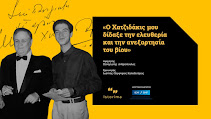



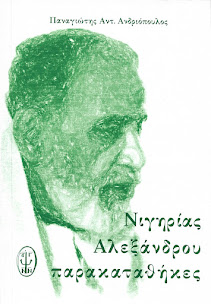

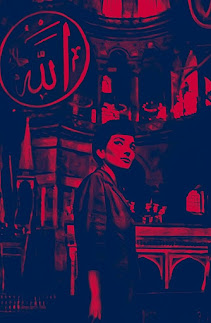
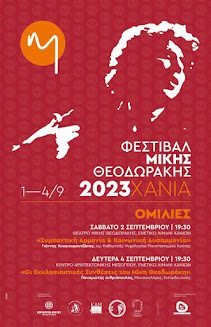
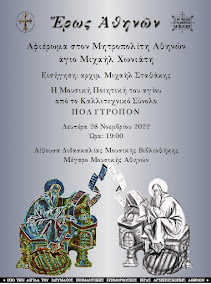

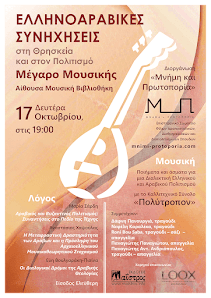



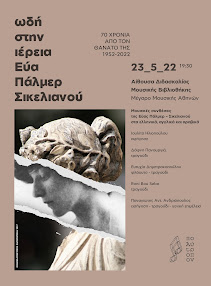





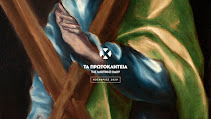

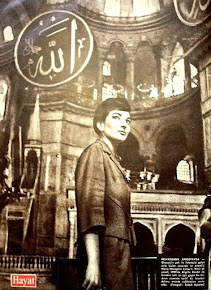
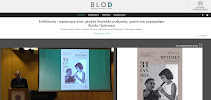
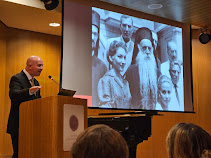
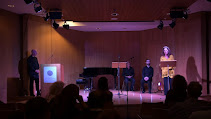




























Δεν υπάρχουν σχόλια:
Δημοσίευση σχολίου